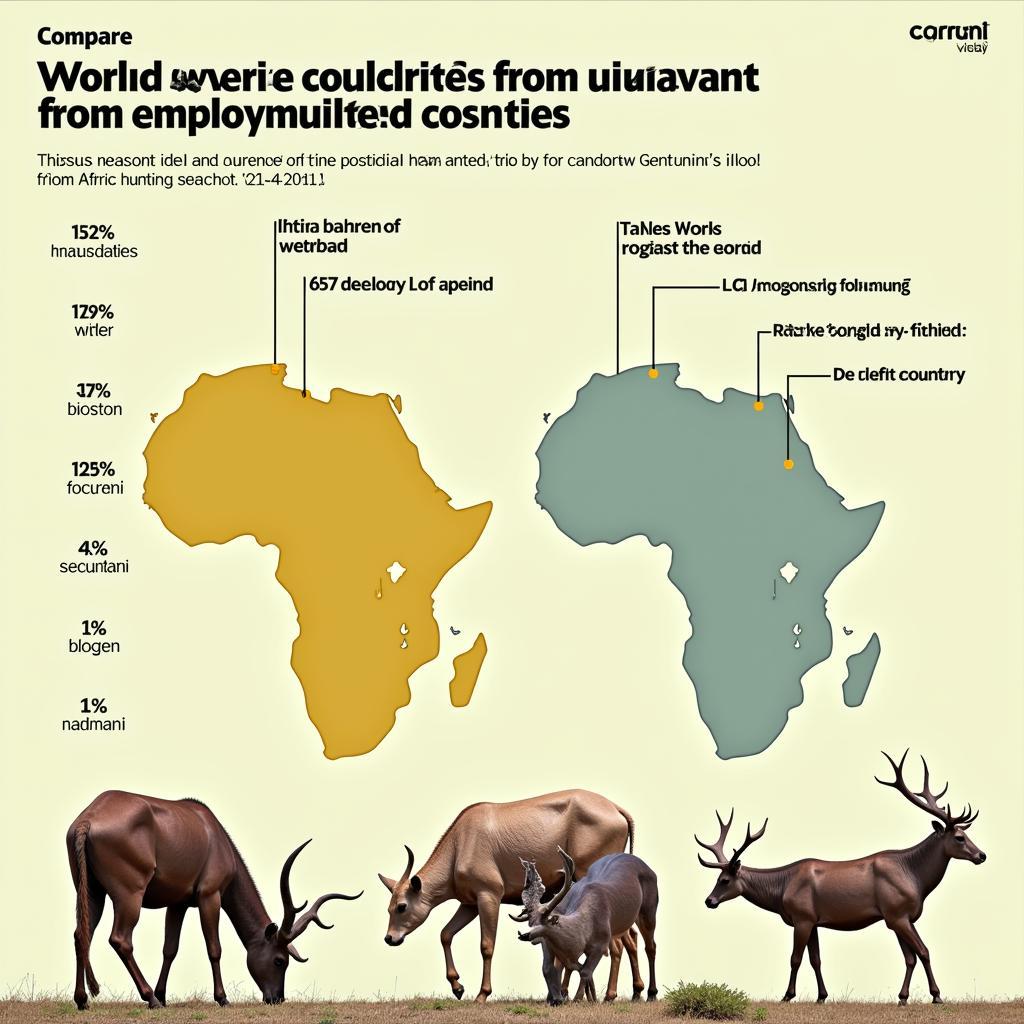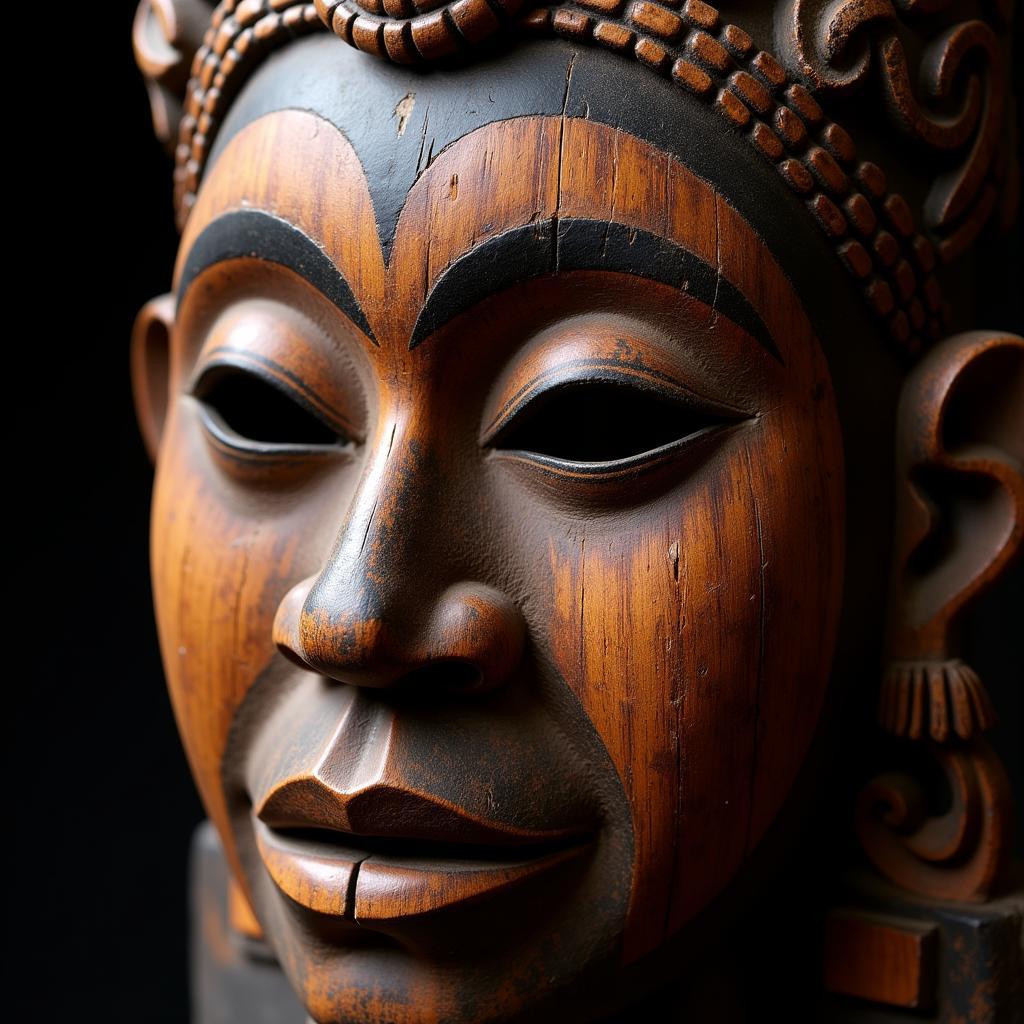The Struggle and Hope: African Asylum Seekers in the UK
The UK has long been a destination for asylum seekers fleeing conflict, persecution, and poverty. While the country has a proud history of welcoming those in need, the journey for African asylum seekers is often fraught with challenges and uncertainties. This article delves into the complexities of seeking asylum in the UK, focusing on the specific experiences and challenges faced by individuals from African countries.
Navigating the Asylum Process: A Complex Maze
The asylum process in the UK is a labyrinthine journey, marked by lengthy delays, bureaucratic hurdles, and legal complexities. For many African asylum seekers, the process begins long before they set foot on British soil. They may have endured harrowing journeys, including perilous crossings by sea, with the constant threat of violence, exploitation, and detention. Once they arrive in the UK, they face a barrage of paperwork, interviews, and legal procedures that can be overwhelming and confusing.
“The asylum process can feel like a never-ending cycle of waiting and uncertainty,” explains Dr. Aisha Ali, an immigration lawyer specializing in asylum cases. “It is crucial to remember that every case is unique, and each individual’s story is vital to their application’s success.”
Challenges Faced by African Asylum Seekers
The journey of African asylum seekers in the UK is often characterized by a number of unique challenges. These include:
- Cultural Differences and Language Barriers: Navigating a new culture and language can be particularly challenging for those seeking asylum. The lack of familiarity with UK customs, laws, and language can lead to misunderstandings and difficulties in accessing essential services.
- Discrimination and Prejudice: African asylum seekers may face discrimination based on their race, origin, and religion. This can manifest in social isolation, difficulty finding employment, and challenges accessing healthcare and education.
- Lack of Family Support: Many asylum seekers leave behind their families and support networks. The absence of family and friends can lead to feelings of loneliness, isolation, and despair.
- The Psychological Impact of Trauma: Many asylum seekers have experienced traumatic events in their home countries. These experiences can lead to mental health challenges such as anxiety, depression, and PTSD.
What Makes The UK a Unique Destination for African Asylum Seekers?
The UK’s history and role in colonialism, coupled with its current political landscape, have significant implications for African asylum seekers. The UK’s historical ties to many African countries, including its colonial past, can lead to complex and often contradictory narratives surrounding asylum seeking. While the UK may be perceived as a safe haven for those fleeing persecution, the reality is often more nuanced and challenging.
The Human Face of Asylum Seeking: Stories of Strength and Resilience
Despite the daunting challenges they face, African asylum seekers in the UK often display remarkable resilience and strength. Their stories highlight the human cost of conflict, persecution, and displacement, but also demonstrate the indomitable spirit that allows individuals to rebuild their lives in the face of adversity.
Here are some real-life examples of African asylum seekers who have overcome incredible obstacles:
- Aisha Mohammed fled Somalia after enduring years of violence and displacement. She arrived in the UK with her young daughter, determined to provide her with a safe and stable future. Aisha struggled to learn English, find employment, and adjust to life in a new country. However, she persevered, eventually securing a job as a healthcare assistant and enrolling her daughter in a local school.
- John Nkosi fled Zimbabwe after facing persecution for his political activism. He arrived in the UK with limited resources and a deep sense of loneliness. John sought refuge in the local community, volunteering his time at a local charity and supporting other asylum seekers. Through his activism, he found a sense of purpose and helped others navigate the challenges of seeking asylum.
The Importance of Advocacy and Support
The journey of African asylum seekers in the UK highlights the importance of advocacy, support, and understanding. Organizations and individuals working with asylum seekers provide crucial services, including legal aid, language training, mental health support, and practical assistance. By advocating for the rights of asylum seekers and challenging discriminatory practices, we can create a more just and equitable society for all.
What You Can Do to Help
There are several ways you can contribute to a more welcoming and supportive environment for African asylum seekers:
- Educate yourself: Learn about the complexities of the asylum process and the challenges faced by those seeking refuge in the UK.
- Support local organizations: Donate your time, skills, or resources to organizations working with asylum seekers.
- Challenge discrimination: Speak out against prejudice and discrimination towards asylum seekers.
- Advocate for change: Write to your elected officials, urging them to implement policies that promote fairness and compassion in the asylum process.
FAQs
What are the grounds for seeking asylum in the UK?
Asylum is granted to individuals who can prove that they have a well-founded fear of persecution in their home country based on race, religion, nationality, political opinion, or membership in a particular social group.
How long does the asylum process take?
The asylum process can take several years, with delays often occurring at various stages. The length of the process can vary depending on individual circumstances and the complexity of the case.
What resources are available to asylum seekers in the UK?
A wide range of resources and support services are available to asylum seekers, including legal aid, language training, mental health support, and practical assistance.
What are the long-term prospects for asylum seekers in the UK?
Asylum seekers who are successful in their application will be granted refugee status and allowed to live and work in the UK. They can access education, healthcare, and other public services.
What are the challenges faced by asylum seekers after they have been granted refugee status?
While refugee status grants a degree of security and stability, challenges may still persist, including finding employment, accessing housing, and integrating into British society.
If you are seeking assistance with the asylum process in the UK, please contact us at +255768904061 or kaka.mag@gmail.com. We have a dedicated team ready to support you 24/7.



